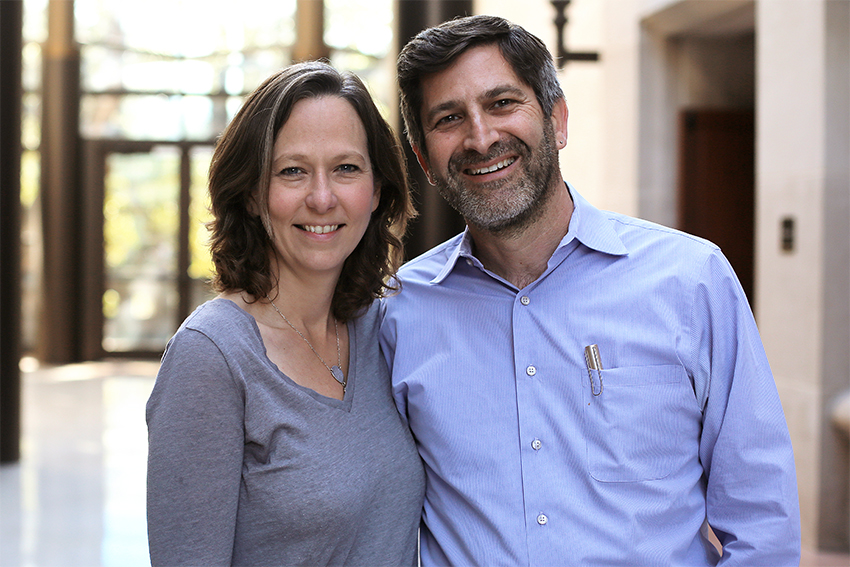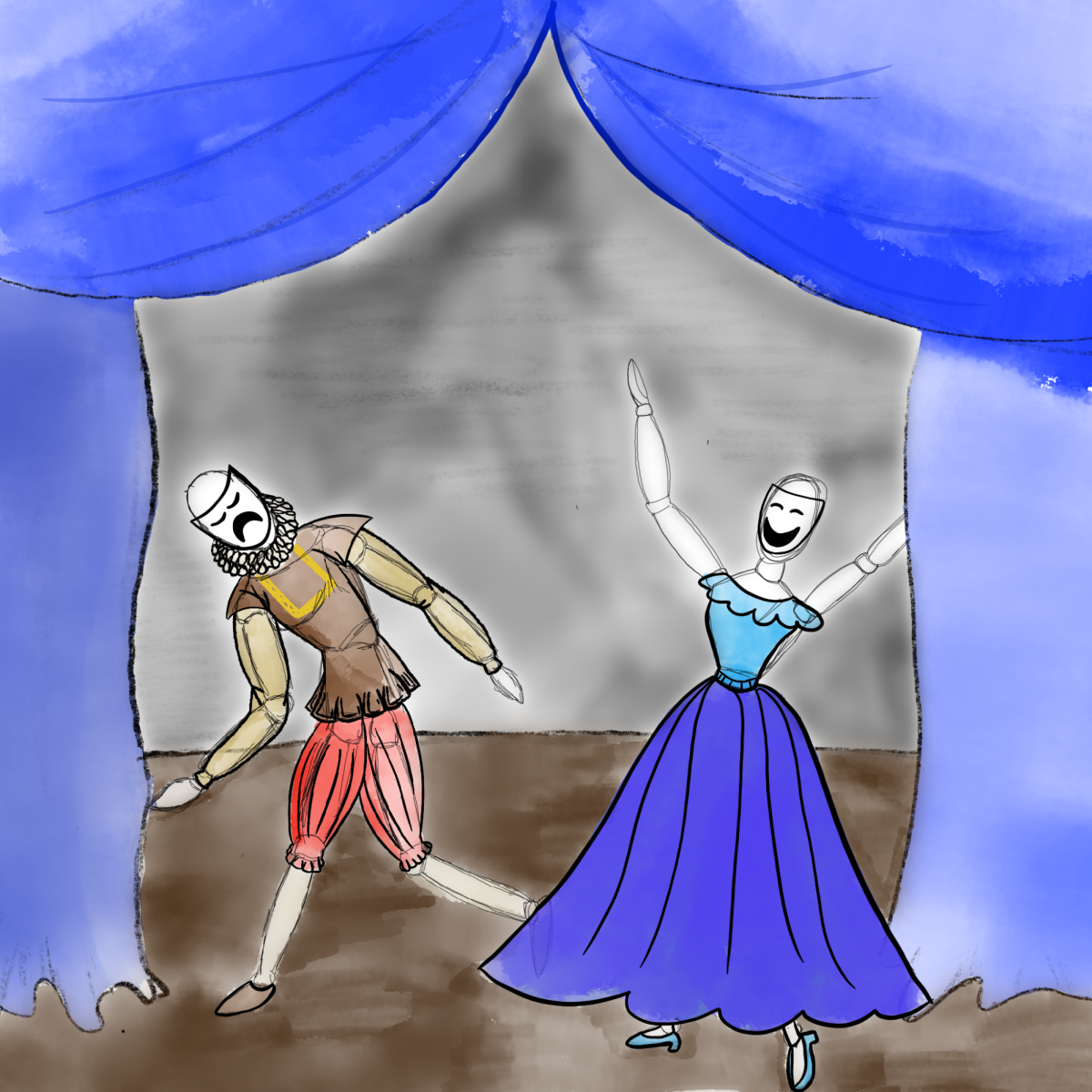As the council convened to bring the fight against human rights infractions by the Guatemalan government to court, clinical professors of law Denise Gilman and Ariel Dultizky teamed up to bring justice to the Guatemalan people — and fell in love in the process.
In September 1995, Gilman, an American lawyer working for the Inter-American Commission on Human Rights in D.C., and Dulitzky, an Argentine lawyer employed by a litigating organization bringing human rights cases to court, sat at the same council table in San Jose, Costa Rica at the Inter-American Court of Human Rights. They combined their knowledge of human rights and immigration in order to help victims of human right violations in Guatemala.
“From the very beginning when we started dating, I felt something much stronger than any other relationship I had been in before,” Dulitzky said. “I was attracted from the very first time I saw Denise.”
After meeting in Guatemala, Gilman went back to her life in D.C. and Dulitzky stayed in Costa Rica. However after Dulitzky found a job in D.C., they soon began dating. In December 1996, when they were headed on a plane to visit Dulitzky’s family in Argentina, he first brought up the idea of getting married.
“It was not a proposal, but it was more of ‘do you think we could get married’ or something like that,” Dulitzky said. “I was just checking the waters.”
At first, Dulitzky was worried that the cultural gap between their nationalities and the differences between his Jewish faith and her Lutheran beliefs would put a strain on their relationship, but their shared line of professions helped them overcome their dissimilarities.
“We hung out a lot,” Gilman said. “Yes, I think there was a cultural gap, but we were in a context (that) was cross-cultural, and a lot of people had a similar foundation in their lives and in their work, so it wasn’t that dramatic.”
Although Dulitzky said he was worried about what his family would think, they were very welcoming of his new love.
“When they met Denise, they really liked her from the very beginning,” Dulitzky said. “They saw that I was really happy and that Denise was very good company for me. I always say that they like more Denise than me now.”
He proposed to her on their first anniversary as a couple in April 1996. In 1998, they celebrated their first part-Lutheran and part-Jewish wedding at the church where Gilman grew up in Austin. The ceremony was uniquely designed by them and included bible readings, elements from each of their religious traditions and poetry.
“I was in Colombia and picked up a poetry book, and (later) I said, ‘Hey, I was thinking about this poem,’ and he said, ‘I was thinking about that one too,’” Gilman said.
Twenty-one years and two ceremonies later, the poem they read at their wedding — “Te Quiero” by Mario Benedetti, about a couple fighting for social justice — seemed to foreshadow their future. They continue to fall in love with each other as they brainstorm, collaborate and argue about cases in their daily lives.
“When I am in my office, I know that Denise is here because I can hear her laugh,” Dulitzky said. “I can’t hear what she is saying, but I know she is here. Denise is very, very sweet. She is a great mother and I really love her.”















